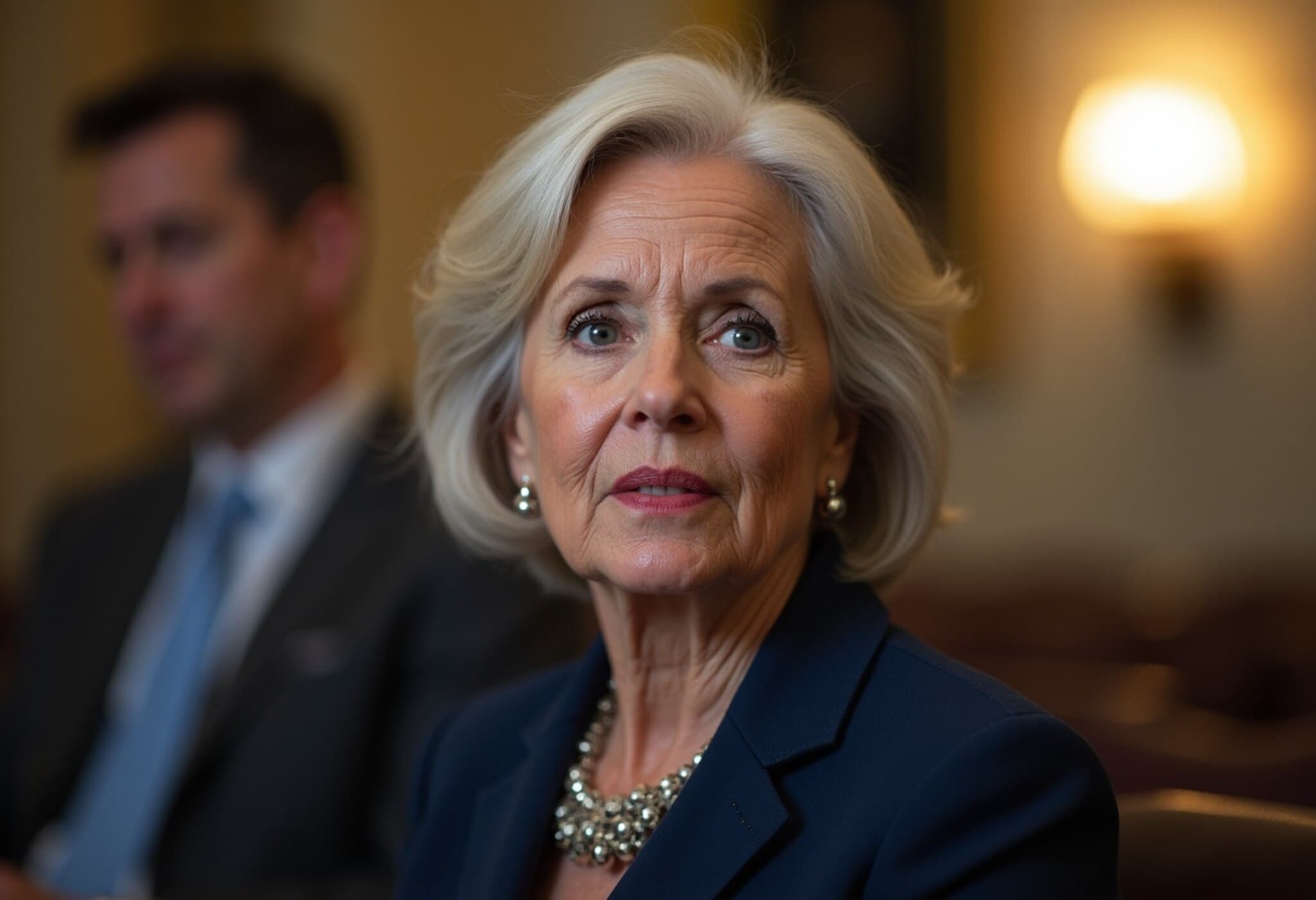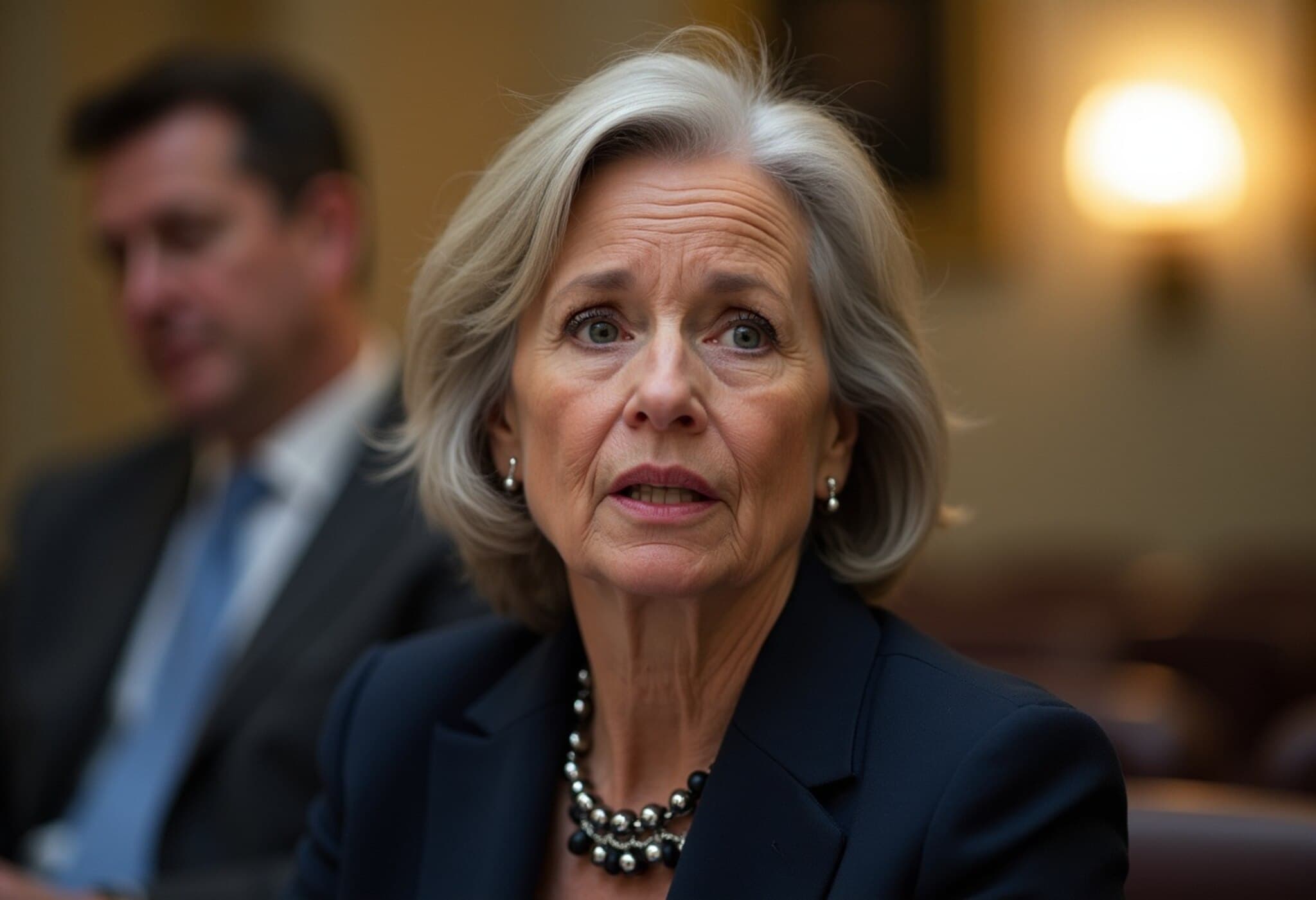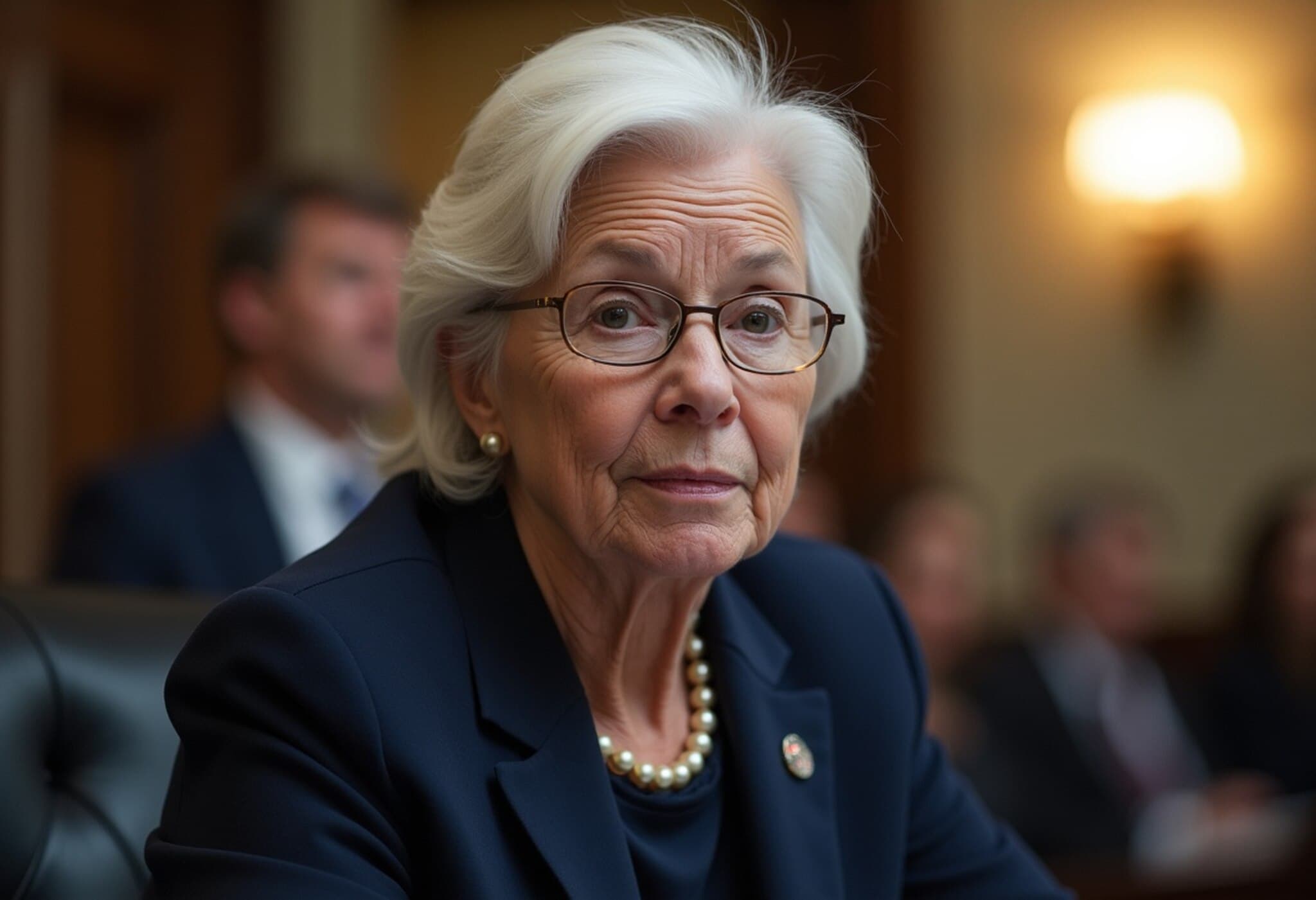Trump Appointee Bill Pulte Submits Second Criminal Referral Targeting Fed Governor Lisa Cook
In a dramatic escalation of the ongoing legal and political clash surrounding Federal Reserve Board Governor Lisa Cook, Bill Pulte, the Director of the Federal Housing Finance Agency (FHFA) and a known ally of former President Donald Trump, announced late Thursday that he has filed a second criminal referral against Cook. The referral focuses on alleged irregularities tied to Cook’s mortgage and government ethics disclosures related to multiple real estate properties.
Background: A Charged Political Landscape
Lisa Cook, a pioneering figure and the Federal Reserve's first Black female governor, finds herself at the center of an unprecedented power struggle. Earlier on the same day as the new referral, Cook filed a lawsuit against President Trump seeking a court injunction to prevent her dismissal from the Federal Reserve—an extraordinary move highlighting tensions between independent policymakers and the politicized administration of the central bank.
Trump, who has long pushed aggressively for interest rate cuts—contrary to Fed Chairman Jerome Powell’s cautious monetary policy stance—has ramped up pressure on the Fed by attempting to remove key figures like Powell and Cook from their positions. Pulte, appointed by Trump to oversee FHFA, has become a vocal critic of the Fed leadership, echoing Trump’s calls to ease monetary restrictions.
Details of the Second Criminal Referral
Pulte's latest filing, sent to the Department of Justice (DOJ), alleges discrepancies in how Governor Cook reported her residential status on mortgage applications and government financial disclosures. The referral zeroes in on a condominium property in Cambridge, Massachusetts. Pulte claims that while Cook initially secured a 15-year mortgage by asserting the condo was her "second home," she later classified the same property as an "investment/rental property" in official government filings spanning 2022 to 2025.
This distinction is critical because mortgage loans for second homes generally benefit from lower down payments and interest rates than investment properties, which are deemed riskier.
Further, Pulte accuses Cook of inconsistently representing other properties, including her Atlanta home—alleged to be rented out despite being declared as a personal residence—and an Ann Arbor, Michigan home, similarly claimed as a primary residence though suspected to function as a rental property.
- The Cambridge condo was labeled "second home" on the mortgage application but later described as "investment/rental property" in ethics disclosures.
- Atlanta property was declared a residence but allegedly rented out during the 2022-2025 period.
- Ann Arbor home was listed as personal residence in 2025 filings but reportedly used as a rental.
Pulte’s message accompanying the DOJ complaint included the phrase, "3 strikes and you're out," underscoring the repeated nature of the alleged misrepresentations. He emphasized that these inconsistencies constitute false representations potentially undermining Cook’s credibility and grounds for removal.
Legal and Political Implications
Trump’s letter notifying Cook of his intent to fire her relied on the accusations from Pulte’s previous referral concerning mortgage documents on other homes. The new allegations suggest ongoing concerns about Cook’s transparency and compliance with federal ethics rules.
However, legal experts have noted that firing a Federal Reserve governor is unprecedented and raises constitutional and administrative questions. Governors usually serve fixed terms with protections against arbitrary dismissal to maintain the Fed’s independence from political influence.
Cook’s recent lawsuit argues that Trump’s attempt to remove her lacks legal merit, especially given the disputed grounds and timing. As litigation unfolds, the case highlights an exceptional clash between White House political aims and the institutional independence of the central bank—an issue with far-reaching consequences for monetary policy stability.
Contextual Analysis: The Broader Stakes for Monetary Policy and Governance
This episode is emblematic of the pressures on the Federal Reserve amid a volatile economic environment marked by inflation debates, geopolitical tensions, and recovery uncertainties following global crises.
For policymakers and market participants alike, ensuring the Fed’s insulated decision-making is crucial for predictable economic stewardship. Attempts to politicize Fed appointments risk unsettling markets and diminishing trust in one of the world's most critical financial institutions.
Moreover, this controversy raises vital questions about financial ethics and transparency for public officials. As scrutiny intensifies, it becomes imperative to uphold rigorous disclosure standards to maintain public confidence in government governance.
Editor's Note
The unfolding saga between Lisa Cook, Bill Pulte, and former President Trump presents a rare window into the intersection of politics, ethics compliance, and the delicate independence of the Federal Reserve System. As the DOJ reviews these allegations and courts weigh in on Cook’s legal challenge, observers should consider the broader implications:
- How might these contentious efforts to reshape the Fed leadership affect monetary policy credibility amid economic uncertainty?
- What precedent could this set for executive authority over independent federal agencies?
- Are current ethics disclosure requirements sufficient to prevent conflicts of interest among public officials?
Stay tuned as this high-profile confrontation develops, posing profound questions about governance, financial integrity, and American economic policy.

















